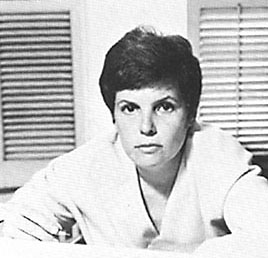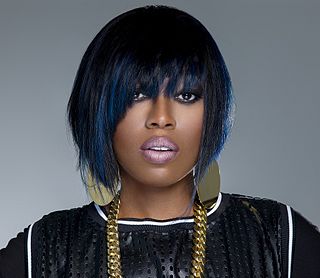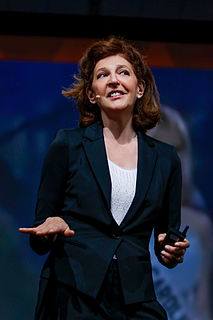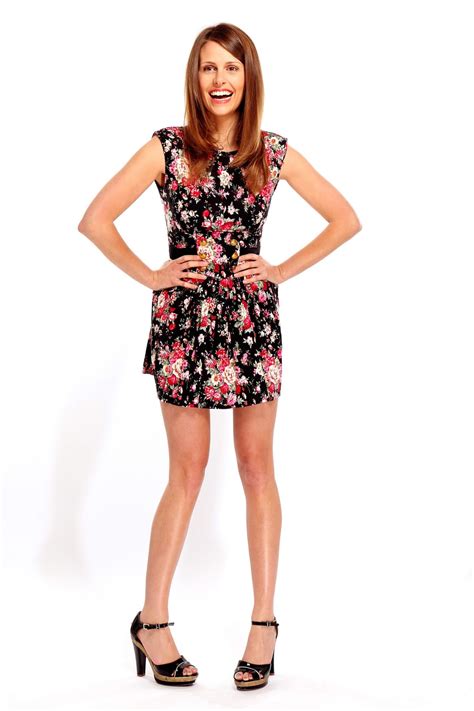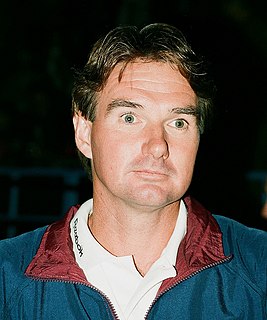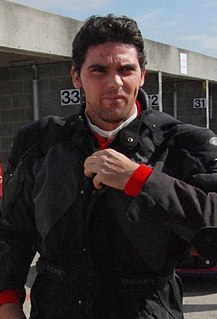A Quote by John McEnroe
I'm a tell-it-like-it-is kind of person; I don't like being misled or someone not telling the truth. That upsets me.
Related Quotes
Sometimes I don't tell the truth, which is telling the truth about not telling the truth. I think people don't tell the truth when they're afraid that something bad's going to happen if they tell the truth. I say things all the time that I could really get into trouble for, but they kind of blow over.
The issue is that when you're a critic it's hard to tell the difference between the thrill of denouncing and telling the truth. Telling the truth to me feels more often like denouncing than like praising. There are many more concrete advantages in the world for people who praise than for those who denounce. So if you want to tell the truth, oftentimes you're going to err on the side of denouncing. That's just something I have to work on.
Start telling the truth now and never stop. Begin by telling the truth to yourself about yourself. Then tell the truth to yourself about someone else. Then tell the truth about yourself to another. Then tell the truth about another to that other. Finally, tell the truth to everyone about everything. These are the Five Levels Of Truth Telling. This is the five-fold path to freedom.
In 2003 I was saying, where are the ties [between Iraq] and al-Qaida? Where are the ties to 9/11? I knew it; where the f**k were these Democrats who said, 'We were misled'? That's the kind of thing that drives me crazy: 'We were misled.' F**k you, you weren't misled. You were afraid of being called unpatriotic.
Its funny because when I did feel like I came out and I just felt like I was being truthful to myself, (it was at) that point I became very successful. So you know, it took a true kind of facing that truth of myself and being honest, that was when the real kind of fame or whatever that kind of stuff happened for me.
Most people don't get out of childhood, or adolescence, without being wounded for telling the truth. Someone says 'you can't say that' or 'you shouldn't say that' or 'that wasn't appropriate' so most of us human beings have a very deep underlying conditioning that says that just to be who we are is not OK.......Most human beings have an imprinting that if they're real, if they're honest, somebody's not gonna like it. And they won't be able to control their environment if they tell the truth.
I know exactly what that movie's [Brokeback mountain] about. I can't define it; it doesn't tie up in a perfect bow. But it's about adolescence. It's about what it feels like - this isn't meant as a criticism, but like things I didn't relate to, which were high school movies. Where I'd watch it and I'd be like, "Well, am I like the kid that nobody likes? Or am I like the person who everybody [likes]?" I couldn't [tell]. I was like quantifying, putting me in a box. "This is my personality at that age" and "I'm this kind of person" just felt like bullshit to me.




